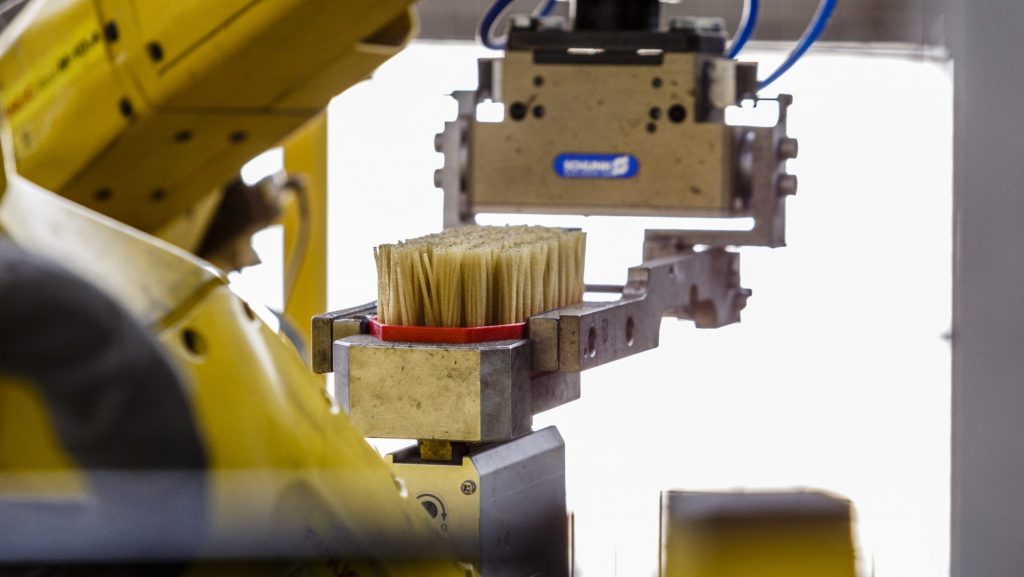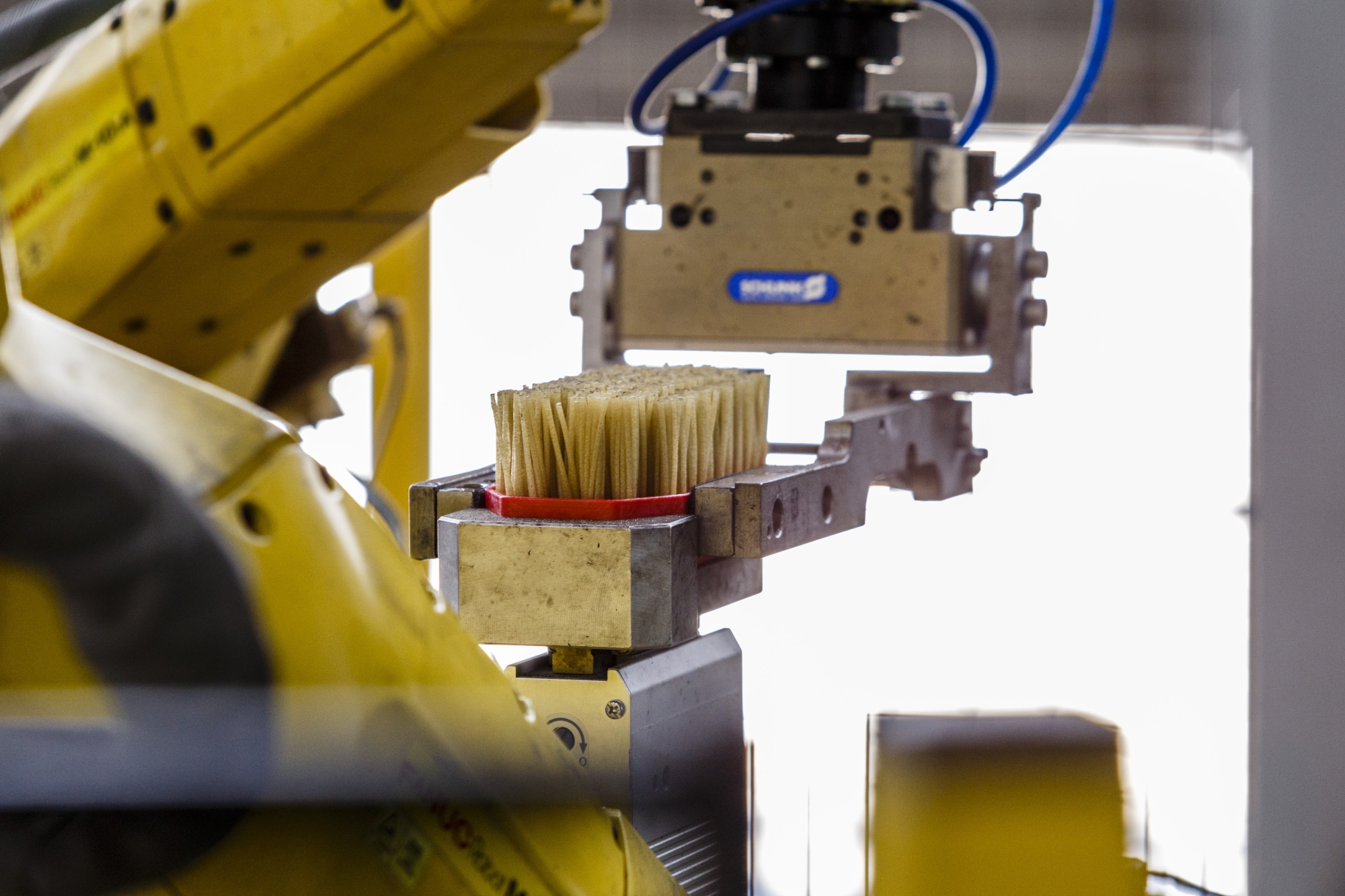
Logistics innovation is transforming the way companies manage their supply chains. New technologies, such as the Internet of Things (IoT), blockchain, and artificial intelligence (AI), are creating opportunities for greater efficiency, cost reduction, and customer satisfaction. In this article, we explore the key trends in logistics innovation and how companies can leverage these trends to improve their own supply chains.
Key Trends in Logistics Innovation
- IoT and Sensor Technology
IoT and sensor technology are revolutionizing the logistics industry by providing real-time visibility into the supply chain. These technologies enable companies to track shipments, monitor inventory levels, and optimize routes in real-time, leading to greater efficiency and cost savings. IoT and sensor technology also provide valuable data insights that companies can use to improve their operations and customer service.
- Blockchain
Blockchain is another technology that is transforming logistics by providing greater transparency and security in the supply chain. By using a decentralized ledger, blockchain enables companies to track and trace products from the point of origin to the final destination. This provides greater visibility into the supply chain, reduces the risk of fraud and counterfeiting, and improves supply chain efficiency.
- Artificial Intelligence
Artificial intelligence is another key trend in logistics innovation. By using machine learning algorithms, AI can analyze large amounts of data to identify patterns and make predictions. This enables companies to optimize their supply chain operations, forecast demand more accurately, and improve customer service.
Leveraging Logistics Innovation
To leverage logistics innovation, companies must be willing to invest in new technologies and processes. This may involve partnering with technology and logistics providers who can bring their expertise in implementing new technologies and solutions.
Another important aspect of leveraging logistics innovation is to have a culture of innovation within the company. This involves fostering creative thinking and experimentation in the search for innovative solutions. Companies can also establish dedicated teams for logistics innovation and promote training and professional development for their employees in this area.
In summary, logistics innovation is transforming the logistics and supply chain industry, enabling greater efficiency, cost reduction, and customer satisfaction. Companies that are willing to invest in new technologies and processes, work with innovative providers and partners, and foster a culture of innovation within the company, will be better positioned to leverage these trends and improve their own performance in the market.
Other Key Considerations for Leveraging Logistics Innovation
In addition to the above aspects, there are other key elements that companies must consider to leverage logistics innovation in their supply chain. These include:
- Data Analysis
Data collection and analysis are essential for implementing logistics innovation solutions. Companies must consider the importance of data in gaining greater visibility into the supply chain, identifying improvement opportunities, and making informed decisions. Therefore, it is important that companies invest in technologies and systems that enable data analysis and management, such as AI and machine learning.
- Establish Clear Objectives
Before investing in new technologies or logistics innovation processes, companies must establish clear and measurable objectives for their supply chain. These objectives may include cost reduction, increased efficiency, improved customer satisfaction, or reduced environmental impact. By having clear and specific objectives, companies can focus their efforts on solutions that truly add value to their supply chain.
- Risk Assessment
Companies must assess the risks associated with the implementation of new logistics innovation solutions. This may include technological, operational, or financial risks. It is important that companies conduct a thorough risk analysis and develop contingency plans in case problems arise.
- Continuous Improvement
Logistics innovation is a continuous process that requires ongoing improvement. Companies must be willing to experiment and test new solutions, and analyze the results to determine what solutions work best for their supply chain. It is important that companies have a culture of continuous improvement and are willing to adapt and evolve in response to market changes and customer needs.
In conclusion, logistics innovation is essential for companies that want to remain competitive in the ever-changing business environment. By embracing new technologies and processes, companies can transform their supply chain operations and achieve greater efficiency, cost savings, and customer satisfaction.
However, it is important to note that logistics innovation is not a one-size-fits-all solution. Each company must identify its own unique challenges and opportunities and tailor its logistics innovation strategy accordingly. This may involve experimenting with different technologies and processes and adopting a flexible and adaptable approach to change.
Ultimately, logistics innovation is about creating a smarter, more connected, and more sustainable supply chain. Companies that are able to leverage this innovation and integrate it into their operations will be better positioned to succeed in the future.
In the case of Cepicat, since 2005 we have been working in the constant search for logistics innovation seeking new challenges and expanding our product range.




